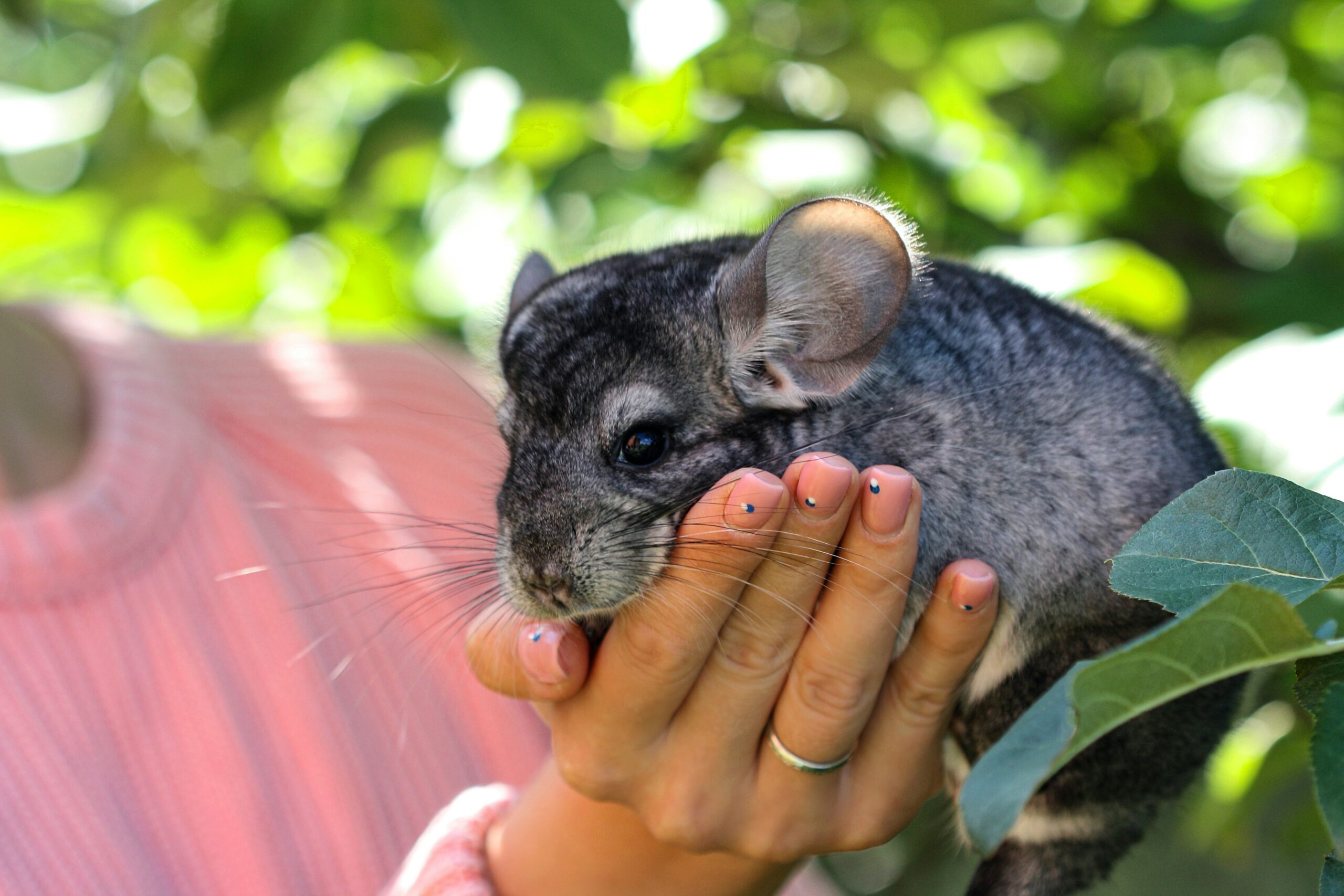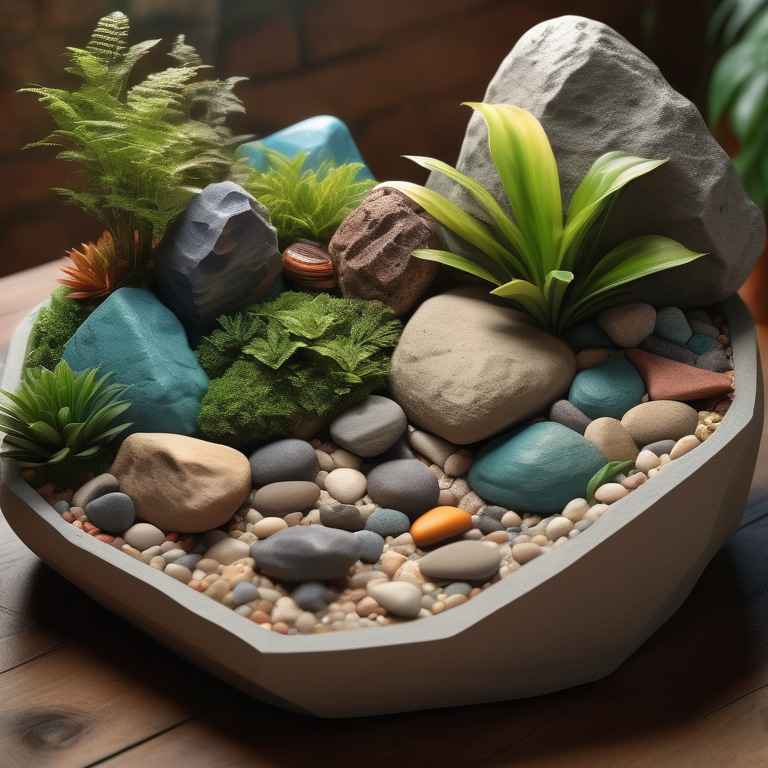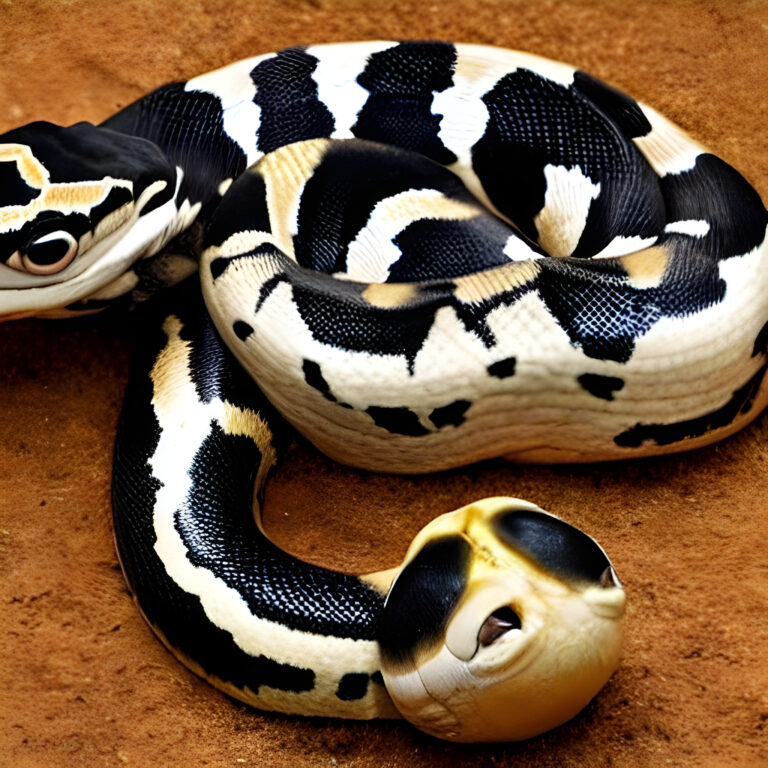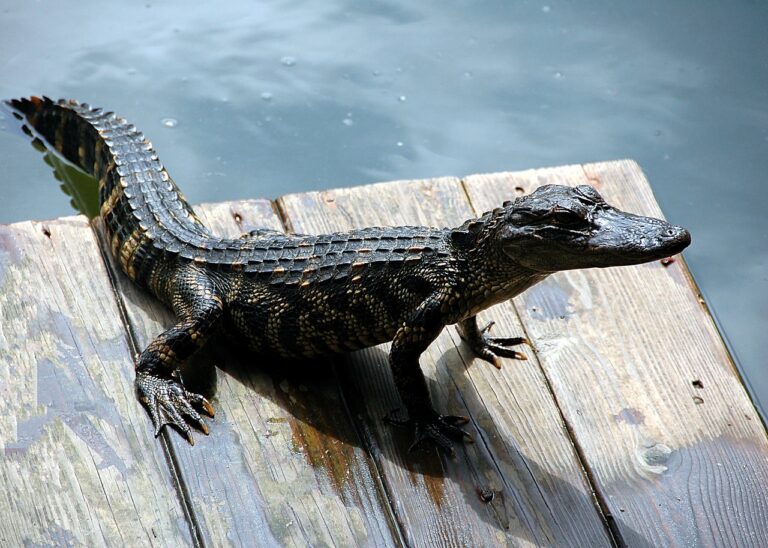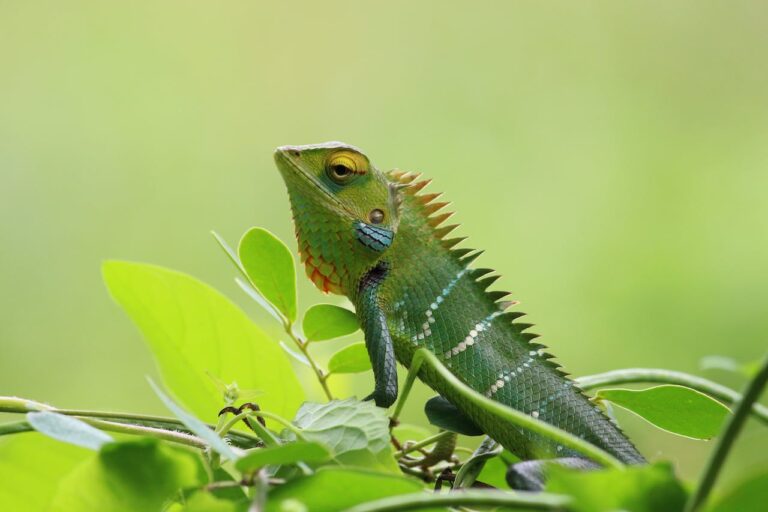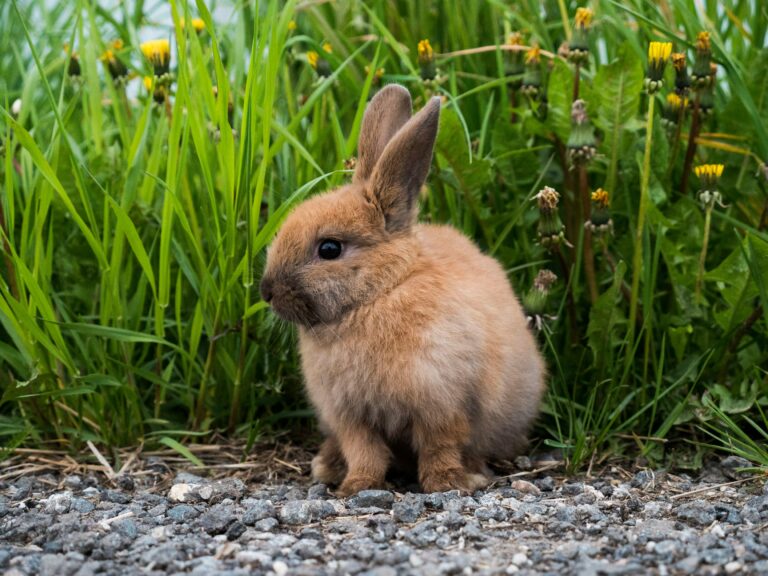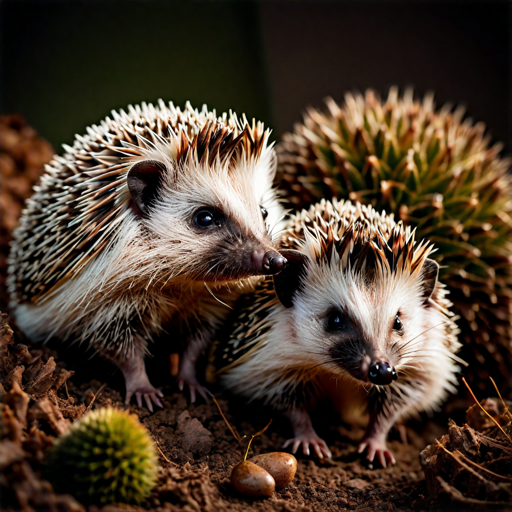How Long Does a Chinchilla Live in Captivity
Factors that influence the lifespan of a captive chinchilla
The lifespan of a captive chinchilla is influenced by various factors. One crucial factor is the quality of care provided. Chinchillas require a balanced diet, regular exercise, and mental stimulation to thrive. Additionally, their living environment must be suitable, with proper temperature and humidity levels. Neglecting these factors can significantly impact their lifespan.
Another important consideration is genetics. The genetic makeup of a chinchilla plays a role in determining their lifespan. Some chinchillas may have inherited health conditions or predispositions to certain diseases. It’s essential to be aware of your chinchilla’s genetic background and take appropriate measures to address any potential health issues.
The average lifespan of captive chinchillas
On average, captive chinchillas live for 10 to 15 years. However, with proper care and attention to their needs, chinchillas have been known to live up to 20 years or more. It’s important to note that individual chinchillas may vary in their lifespan, and some may have shorter or longer lives depending on various factors.
Tips for increasing the lifespan of your captive chinchilla
To ensure your chinchilla lives a long and healthy life, here are some tips to consider:
- Provide a nutritious diet: Chinchillas require a diet rich in hay, fresh vegetables, and high-quality pellets. Avoid sugary treats and foods that are harmful to their digestive system.
- Encourage regular exercise: Chinchillas are active animals that need ample opportunities for exercise. Provide them with a spacious cage and engage in interactive play sessions to keep them physically active.
- Stimulate their minds: Mental stimulation is vital for chinchillas’ overall well-being. Offer them chew toys, tunnels, and other enrichment activities to keep their minds engaged and prevent boredom.
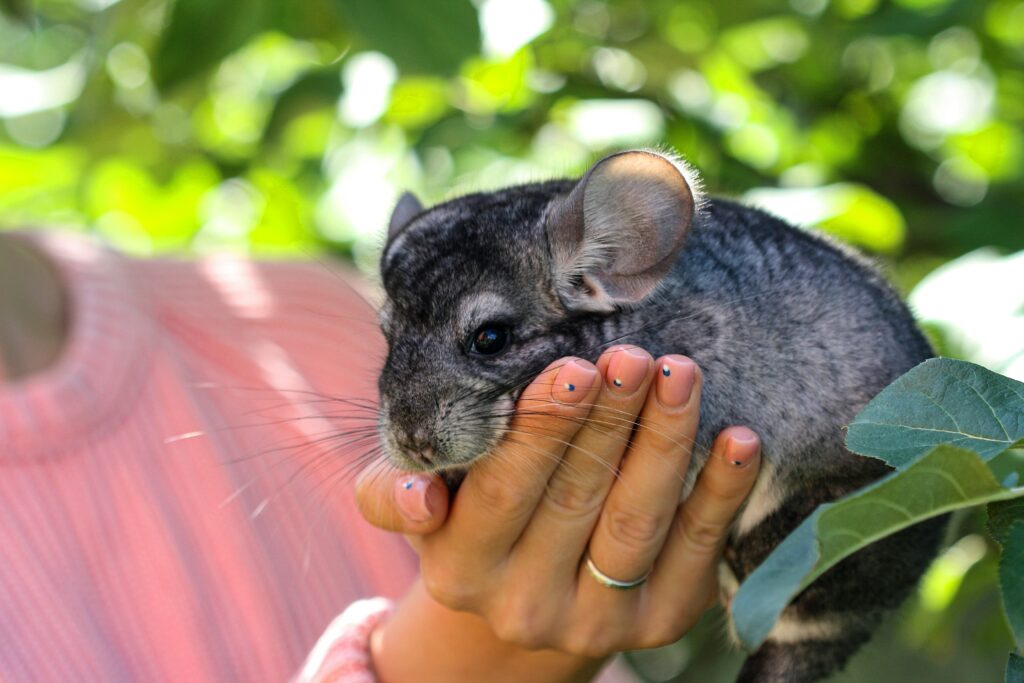
Common health issues and how to prevent them
Despite their resilient nature, chinchillas are prone to certain health issues. It’s crucial to be aware of these conditions and take preventive measures to ensure your chinchilla’s well-being.
- Dental problems: Chinchillas’ teeth continuously grow, and if not properly worn down, they can develop dental issues. Provide chew toys and hay to promote natural tooth wear.
- Respiratory infections: Chinchillas are susceptible to respiratory infections, especially in environments with poor ventilation. Keep their living area clean and well-ventilated to prevent such infections.
- Gastrointestinal stasis: Chinchillas have sensitive digestive systems and can experience gastrointestinal stasis, a condition where the digestive system slows down or stops. Offer a high-fiber diet and ensure they have access to fresh water at all times.
Diet and nutrition for a long and healthy life
A well-balanced diet is essential to promote the longevity of your chinchilla. Here are some key considerations for their diet and nutrition:
- Hay: Timothy hay should be the primary component of your chinchilla’s diet. It aids in digestion, provides essential fiber, and helps wear down their teeth.
- Fresh vegetables: Introduce a variety of fresh vegetables into your chinchilla’s diet. Leafy greens like kale and spinach, along with carrots and herbs, can provide essential vitamins and minerals.
- Pellets: High-quality chinchilla pellets should make up a portion of their diet. Ensure the pellets are fresh and free from added sugars or artificial additives.
Also read : How Long do Short-Tailed Chinchillas Really Live?
Exercise and mental stimulation for captive chinchillas
Chinchillas are energetic creatures that require ample exercise and mental stimulation. Here’s how you can ensure they stay active and engaged:
- Cage setup: Provide a spacious cage with multiple levels, ramps, and platforms for your chinchilla to explore. Include hiding spots and tunnels to encourage natural behaviors.
- Interactive playtime: Regularly interact with your chinchilla outside of their cage. Set up obstacle courses, offer supervised playtime, and engage in gentle play to keep them physically and mentally stimulated.
- Chew toys: Chinchillas have a natural instinct to chew. Provide a variety of safe chew toys made from wood or other suitable materials to satisfy their chewing needs and keep their teeth healthy.
Providing a suitable living environment for your chinchilla
Creating a suitable living environment is crucial for the well-being and longevity of your chinchilla. Consider the following aspects:
- Temperature and humidity: Chinchillas are sensitive to high temperatures and humidity. Ensure their living area is kept between 60-70°F (15-21°C) with a humidity level below 50%.
- Bedding: Choose a suitable bedding material that is safe and comfortable for your chinchilla. Avoid cedar or pine shavings, as they can be harmful to their respiratory system. Opt for materials like aspen or paper bedding instead.
- Cleanliness: Regularly clean your chinchilla’s cage to maintain a hygienic environment. Remove any waste, uneaten food, and soiled bedding promptly to prevent the buildup of bacteria or odors.
The role of genetics in chinchilla lifespan
Genetics influence various aspects of a chinchilla’s life, including their lifespan. Some individuals may have inherited traits that affect their health or longevity. It’s essential to obtain your chinchilla from a reputable breeder who prioritizes the genetic health of their animals. Regular veterinary check-ups can also help identify any genetic predispositions and allow for early intervention.
Conclusion: Celebrating the long and happy lives of captive chinchillas
Captive chinchillas have the potential to live long and fulfilling lives when provided with proper care, nutrition, and a suitable environment. By understanding the factors that influence their lifespan and implementing the tips outlined in this article, you can ensure your chinchilla thrives for many years to come. Cherish the joy and companionship these charming creatures bring, and celebrate the long and happy lives of captive chinchillas.
